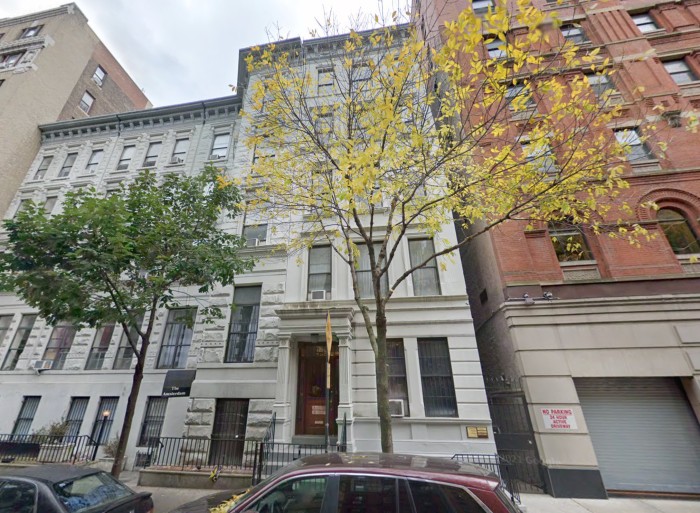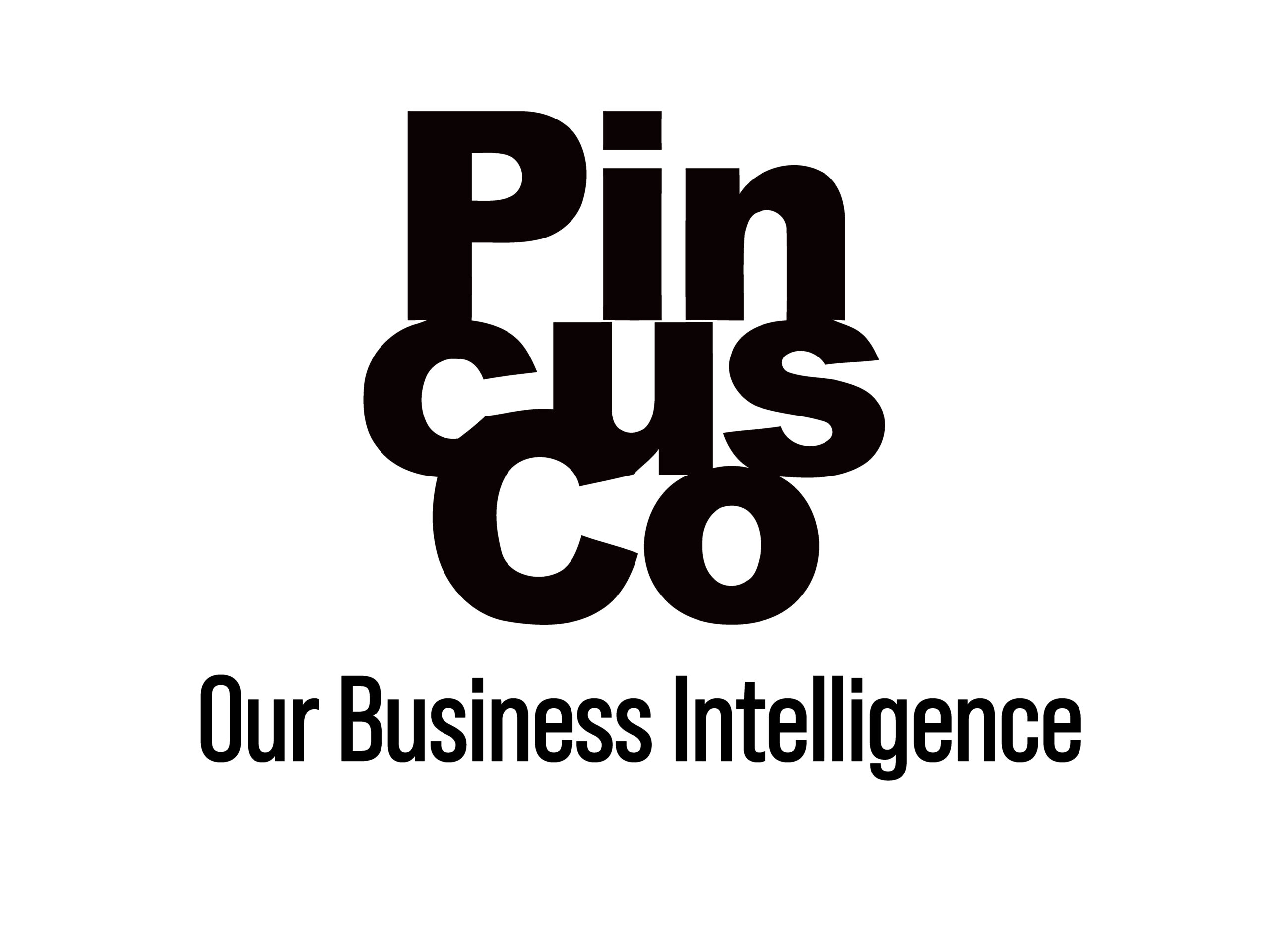When talking about NYC real estate, what is a family office anyway? Durst, Rudin, Brusco?

Brusco family owns 164 West 80th Street (Credit: Google)
By Adam Pincus
The number of family offices surged globally in the years before the pandemic, and with that growth came interest from New York City real estate brokers and investors seeking to buy from, sell to or otherwise engage with, this growth market.
For example, the research company Campden Research, an affiliate of Campden Wealth, an association focused on family wealth, reported in 2019 that there were 7,300 family offices globally, a 38 percent increase over the previous two years.
PincusCo Live: Inside the Family Office
Join Yaniv Cohen of Leviathan Capital and Jared Epstein of Aurora Capital Associates
Interest further jumped during the pandemic, as owner-occupiers such as family offices became more reliable buyers for lingering listings, insiders said.
Broker Adelaide Polsinelli, a vice chair with Compass, said as the pandemic reduced the buyer pool, she increased her focus on family offices among other groups, since they can be owner occupiers.
Her view of the family office, shared by many, is a company where family members invest their own money and they typically don’t have partners, or they invest in other deals as a passive investor.
But even as interest in this class of investor rose here and elsewhere, the definition of a family office remained ambiguous.
There are scores of wealthy New York City real estate families that owns portfolios worth billions of dollars, and there are hundreds who own portfolios of $100 million or more.
PincusCo has compiled rankings of hundreds of companies, individuals or families that own more than 500,000 square feet of New York City real estate, which would typically be worth in excess of $100 million.
Among the owners are dynastic families, such as the heirs of Sol Goldman, the Rudins, LeFraks, the Dursts, the Feils, the Friedlands, the Brodskys, the Elghanayans, the Kalimians and many others.
And there are scores of lower-profile owners, such as the Bruscos, the Nagins, the Wassermans, the Wieners, the Parkashs, the Bistricers, the Ratners, the Popacks and many more.
Should some or all of these firms be considered family offices?
The answer is maybe.
A strict and classic definition would likely exclude many family real estate companies in the city.
“A family business is any sort of operating entity that generates money for a group of individuals. A family office manages a family’s wealth and investments and is more diversified in scope,” said Ashley McHugh-Chiappone, a vice president of investor research at Preqin, a data company that tracks a wide range of alternative investments.
Real estate professionals said considering a firm a family office versus a family business should be done on a case by case basis, mostly focused on whose money the company uses to invest. If it’s substantially all from the family, then it’s probably a family office, said Jerry Pi, partner with Pi Capital Partners, which he identified as a family office.
By that logic companies like the Durst Organization or Tishman Speyer are not family offices since they build and own with significant outside capital, while a company like Solil Management, which owns the assets of the Sol Goldman estate, is, since it typically has no partners in its ownership structure.
Trying to divine whether a company takes outside capital can be difficult or impossible for someone outside the firm.
Yaniv Cohen, a partner with Leviathan Capital, which he described as a family office, said the main difference between his family’s firm and other companies is that essentially all the equity comes from within the family.
“We don’t sign partnership agreements. We negotiate our deals internally,” Cohen said. “Our return on investment is not in the moving of money but rather in the value of the asset.”
Family offices such as Leviathan or Bobby Cayre’s holdings that include Aurora Capital Associates are often run in a less formal style than a non-family real estate business.
“You have the opportunity to walk right in and speak directly with the principal and CEO, it’s not like a buttoned-up corporation,” said Jared Epstein, principal and president of Aurora. He identified the Cayre holdings as a family office that has garment businesses, real estate and other types of investments.
But he said Aurora is moving slowly toward bringing in outside investors, which would move it away from the family office construct. He said it’s difficult to make that transition, but it’s tantalizing because they see so many deals but they can’t do them all. A family office typically won’t take the same kinds of risks, so it limits the potential deals.
“The next step is to create a fund which invests in real estate,” Epstein said, which could execute on slightly more risky deals. “We would take a little more risk. That is the big difference between a family office and another type of company.”

